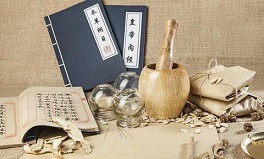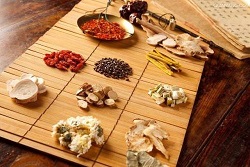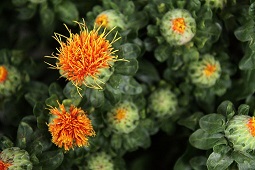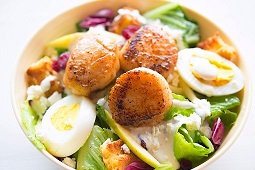Treat Chronic Prostatitis Dialectically with Traditional Chinese Herbal Medicine
Date:2019-11-26 click:0
Prostatitis has a high incidence, great difficulty in treatment, high recurrence rate; it can cause male dysfunction easily while testing the capability of doctors and patients' endurance. We know that the treatment methods of prostatitis include drug treatment, traditional Chinese medicine treatment, injection treatment, and physical therapy.
So, how does traditional Chinese medicine treat prostatitis? Traditional Chinese medicine divides prostatitis into the following types:

1. Qi stagnation and blood stasis type
The prostatitis of Qi stagnation and blood stasis type takes a long course, and its symptoms are mainly pain. In addition, the symptoms such as astringency of urination, pain in perineum and tumescence of the abdomen, swelling and hardness of the prostate gland, and testicular pain will also occur. The treatment should be based on promoting blood circulation and removing blood stasis.
2. The type of downward flow of damp-heat
The patients with this type of prostatitis are usually attacked acutely, and they will have pain in perineum and abdomen, and symptoms such as frequent urination, the urgency of urination, and pain in urination. The treatment should be based on clearing away heat and dehumidification, regulating Qi and promoting blood circulation.
3. Kidney Yang deficiency type
Patients often have symptoms such as incomplete urine, sperm in urination, chills, low back and knees, impotence, premature ejaculation, etc. The main treatment should be based on a warming kidney to invigorate yang.
4. Deficiency of liver and kidney Yin type
This type of prostatitis patients often has the symptoms of cloudy discharge at the urethral orifice, perineal distention, soreness of waist and knees, tidal fever and night sweating, red tongue with little coating.

This type of prostatitis should be mainly treated by nourishing the liver and kidney and clearing away the internal heat. In the process of treating chronic prostatitis, under the principle of syndrome differentiation and treatment, the traditional Chinese herbal medicine Diuretic and Anti-inflammatory Pill referred to the research results of modern medicine on chronic prostatitis for disease differentiation and drug selection, in order to further improve the efficacy.
According to modern medicine, the main pathogen of prostate infection is Escherichia coli. Therefore, during the treatment, Dr. Lee chose herbs with a strong inhibitory effect on the pathogen, such as honeysuckle, forsythia, banksia rose, etc.
The main pathogens of chronic non-bacterial prostatitis are considered to be related to Mycoplasma and Chlamydia infection. Bighead atractylodes rhizome, Scutellaria and other herbal ingredients with strong inhibition on Mycoplasma and Chlamydia are also selected.
Besides, there is also a layer of lipid membrane outside the prostate, so it is difficult for general antibacterial drugs to penetrate into the prostate tissue. Therefore, some herbs can be added to the prescription, such as the peach kernel, safflower, red peony, cowherb seed, etc., so as to improve the blood supply of prostate and eliminate congestion and edema.

At the same time, it also cooperates with the herbs for promoting diuresis and relieving stranguria, so as to activate blood circulation, remove stasis, clear away heat and detoxification, and promote the discharge of prostatic secretion.
In addition, for patients with chronic prostatitis who are weak in the constitution, there are also herbs such as angelica, Atractylodes macrocephala, Lycium barbarum, etc. which can act on the nervous system, improve the organic immunity, and help to eliminate the inflammation.
Combination of drug therapy and adjuvant therapy
1. General auxiliary treatment: Patients need to keep a regular lifestyle. In addition, diet is also important for chronic prostatitis, such as alcohol prohibition, less spicy food, = ginger, garlic and other irritating food, as well as hot and greasy food.
2. Psychotherapy:The theory of viscera and seven emotions in traditional Chinese medicine has long recognized that bad mental stimulation is closely related to the occurrence and development of physical diseases. Therefore, it is necessary to conduct appropriate psychological counseling and treatment to improve the efficacy further.

3. Dietotherapy: Medicated diet can relieve the clinical symptoms to a certain extent, improve and consolidate the curative effect.
Recommended readings:
Juicing Recipes for Prostatitis
Testimonial: 7 Years Chronic Prostatitis Cured Successfully
Can Chronic Prostatitis Recur after Being Cured by Chinese Herbal Medicine?
Recommended readings:
Juicing Recipes for Prostatitis
Testimonial: 7 Years Chronic Prostatitis Cured Successfully
Can Chronic Prostatitis Recur after Being Cured by Chinese Herbal Medicine?



